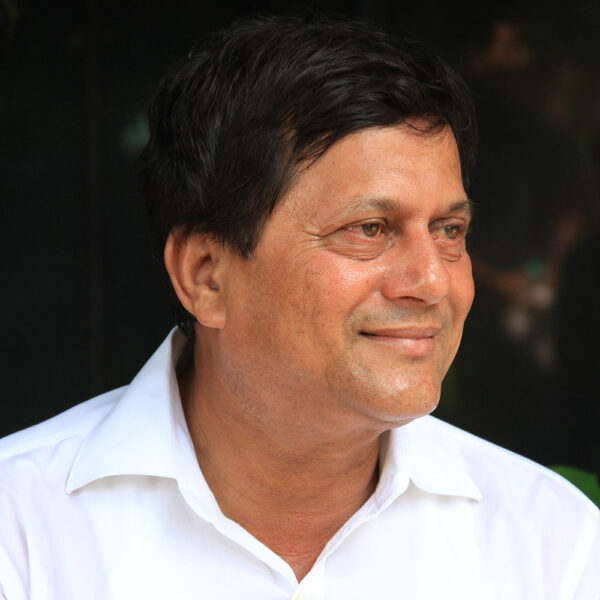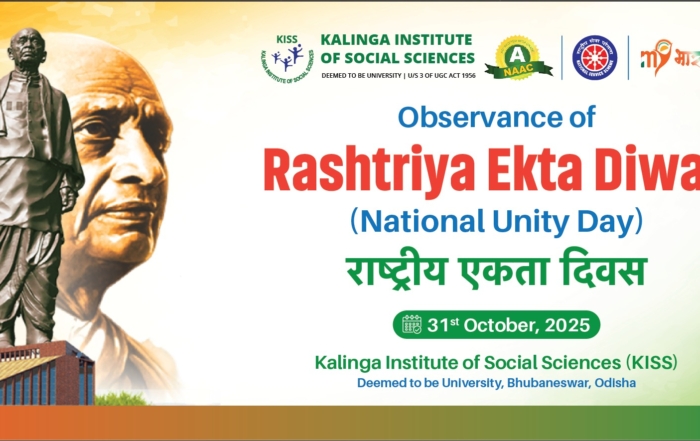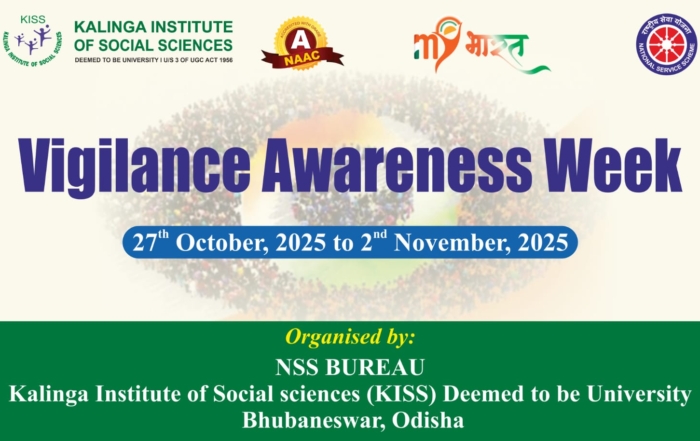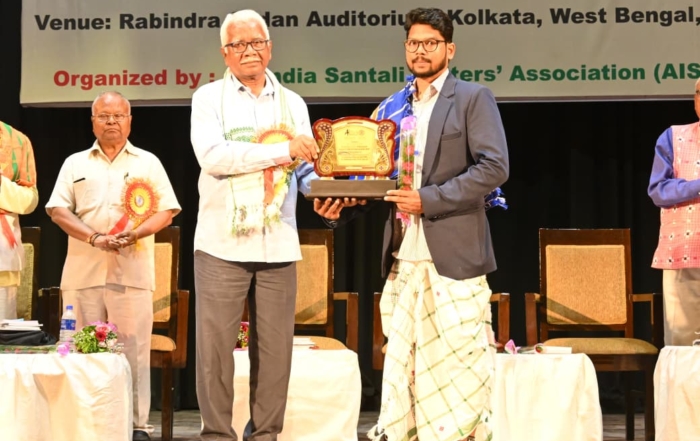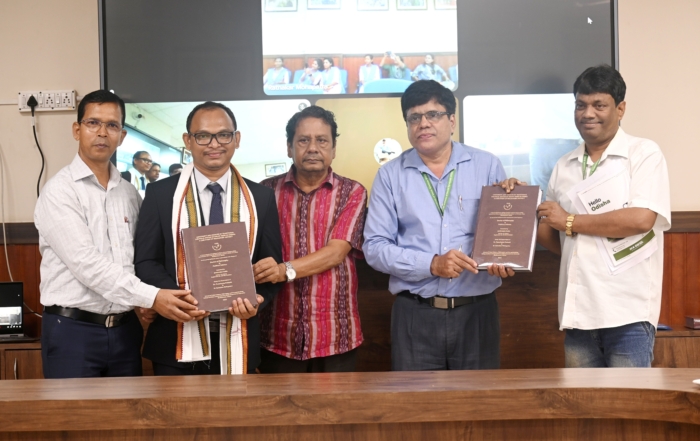SDG 10: Reduce inequality within and among countries
- Achieve and sustain income growth
- Empower and promote the social, economic and political inclusion of all, irrespective of age, sex, disability, race, ethnicity, origin, religion or economic or other status
- Ensure equal opportunity and reduce inequalities of outcome, including by eliminating discriminatory laws, policies and practices and promoting appropriate legislation, policies and action in this regard
- Adopt policies, especially fiscal, wage and social protection policies, and progressively achieve greater equality
- Improve the regulation and monitoring of global financial markets and institutions and strengthen the implementation of such regulations
- Ensure enhanced representation and voice for developing countries in decision-making in global international economic and financial institutions in order to deliver more effective, credible, accountable and legitimate institutions
- Facilitate orderly, safe, regular and responsible migration and mobility of people, including through the implementation of planned and well-managed migration policies
- Implement the principle of special and differential treatment for developing countries, in particular least developed countries, in accordance with World Trade Organization agreements
- Encourage official development assistance and financial flows, including foreign direct investment, to States where the need is greatest, in particular least developed countries, African countries, small island developing States and landlocked developing countries, in accordance with their national plans and programmes
- reduce to less than 3 per cent the transaction costs of migrant remittances and eliminate remittance corridors with costs higher than 5 percent
Activities Undertaken
- Creating the world’s first weekly tribal language news broadcast (Santali Khabar) on mainstream satellite television.
- Sustaining efforts towards income growth through vocational training, professional education and self-employment.
- Employing candidates from underserved communities, transgender employees and strictly using non- discriminative policies, and providing equal opportunities & pay for all.
- Providing English Access courses with the US Department of State, to improve students’ communication skills.
- Providing multiple efforts promoting entrepreneurship through innovative learning and collaboration.
- Building young leaders and changemakers from vulnerable tribal communities under Project Uday, in partnership with the UNFPA.
- More than 50% of students at KISS-DU are female, and the organization places a special emphasis on hiring female staff members.
- With Value-Added courses, seminars, and other academic initiatives combating racial prejudice, KISS-DU promotes diversity, equity, and inclusion.
- Innovative interdisciplinary and multidisciplinary research and teaching on tribal legal studies and rights from anthropological, sociological, and social work perspectives.
- Empowering tribal community through holistic multi-disciplinary education.
- KISS-DU promotes institutional practices by setting up SC/ST Cell, Anti-Discrimination Cell.

